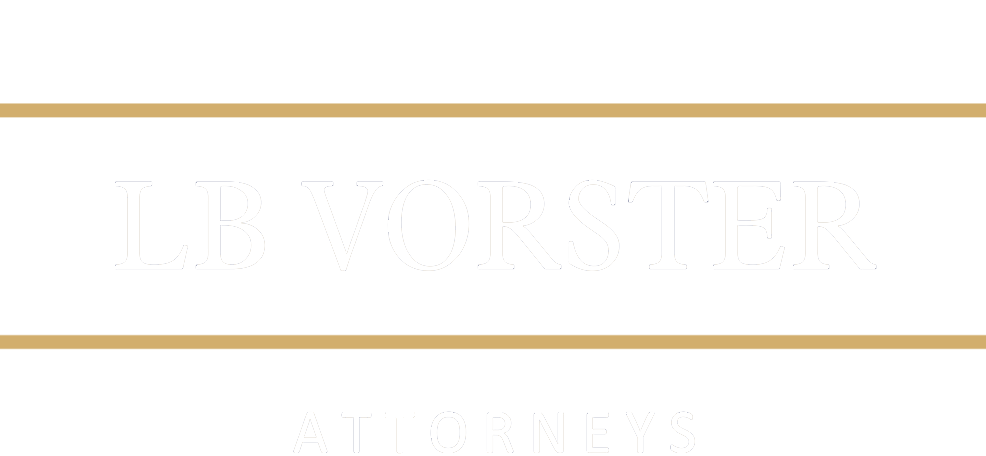In South Africa there is currently no law regulating the validity or enforceability of a living will.
But what is a living will?
A living will, according to the South African Medical Association is “a declaration or an advance directive which will represent a patient’s wish to refuse any medical treatment and attention in the form of being kept alive by artificial means when the patient may no longer be able to competently express a view”.
Whilst a last will and testament deals with assets, heirs and beneficiaries and is acted upon after your death, a living will occupies itself solely with the reality of imminent death and the process of dying. It is a separate document that needs to be made available to the patient’s family and/or physicians whenever required prior to his/her demise.
A person who wishes to execute a living will must be over the age of medical consent (14 years) and must be compos mentis (of sound mind). If a person has granted a general power of attorney to a family member, its authority ceases as soon as such person becomes mentally incompetent. A living will, on the other hand, will remain valid even if at any stage the person becomes non compos mentis (of unsound mind).
There are no prescribed formalities for the execution of a living will but it is probably advisable to follow the law and regulations applicable to execution of a last will and testament (the details of which will be the subject of an article that will be posted shortly).
The sole purpose of a living will is to furnish clear instructions to family members and/or doctors when a patient finds him/herself in a medical condition from which there is no possibility of recovery and due to such condition is no longer able to make medical decisions (it speaks for you when you cannot speak for yourself). This will be the case when you are in the final stages of your life and terminally ill or in a permanent vegetative state.
A living will ensures that your wishes regarding your healthcare treatment are carried out without any uncertainty as to what those wishes are. It also relieves your family from the burden of having to make tough and emotional decisions as to your immediate medical care. The courts in South Africa have ruled in the past that a person’s living will, properly executed, should be upheld in the event that there is no possibility of recovery.
Although every person has the right to refuse treatment there is a general misconception that a living will must be honoured in all circumstances which most certainly is not the case. The living will can be ignored if according to the doctor/s there is even the slightest possibility that a patient may recover from his/her illness. Should a doctor have an objection to withhold medical treatment in any circumstances due to his/her conscience or moral beliefs, he/she is in no way obliged to comply with the living will.
It is therefore essential that you discuss your living with your doctor so that he/she is aware of the existence of such a will. In the event that he/she is not be prepared to comply with the directions contained in the living will due to moral reasons, he/she then has the opportunity to transfer treatment to another doctor who is willing to comply with the living will whenever required and applicable.
Assisted suicide or euthanasia is illegal in South Arica. A living will does not constitute assisted suicide. Assisted suicide is a form of active euthanasia where a doctor assists a patient to commit suicide or provides the patient with means of committing suicide upon the patient’s request to do so. Doctors have a duty to treat you and in the process to act in your best interests. A patient’s right to refuse medical treatment must be respected but this does not mean that a doctor can or will abandon a patient.
A living will should be reviewed on a regular basis and both your doctor and family members must be made aware of its existence. They should be handed a copy of the living as well as advised where the original is being kept.
This article is merely a general information sheet and should not be used or relied on as legal or other professional advice. No liability is accepted for any errors or omissions nor for any loss or damage arising from reliance upon any information contained herein. Always contact your legal advisor for specific detailed advice or contact us for further assistance.
 yvonne@lbvorster.co.za
yvonne@lbvorster.co.za  028 313 0136
028 313 0136
Recent Comments